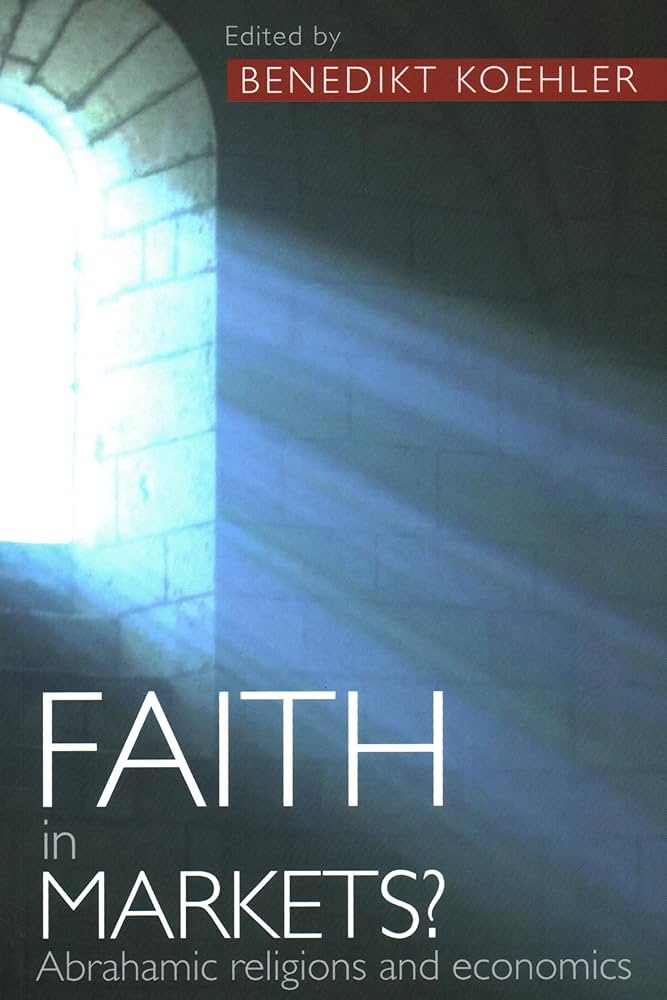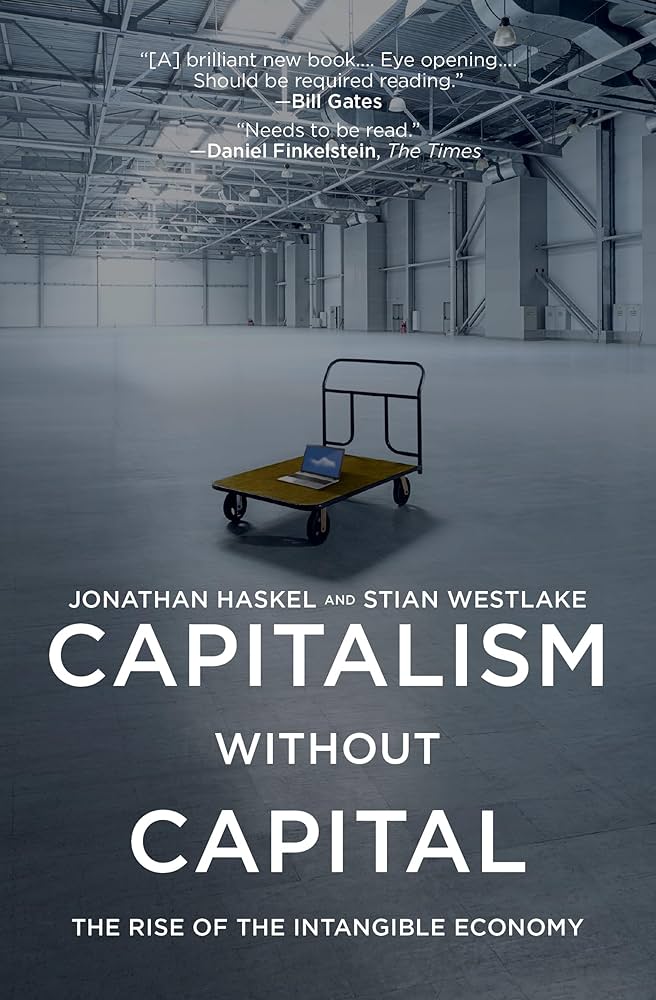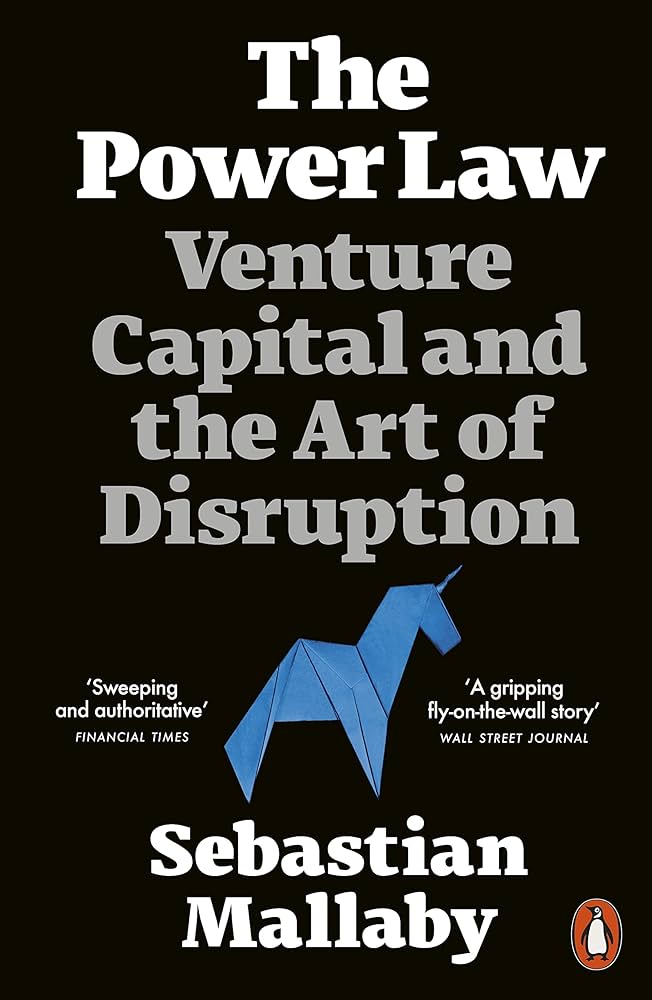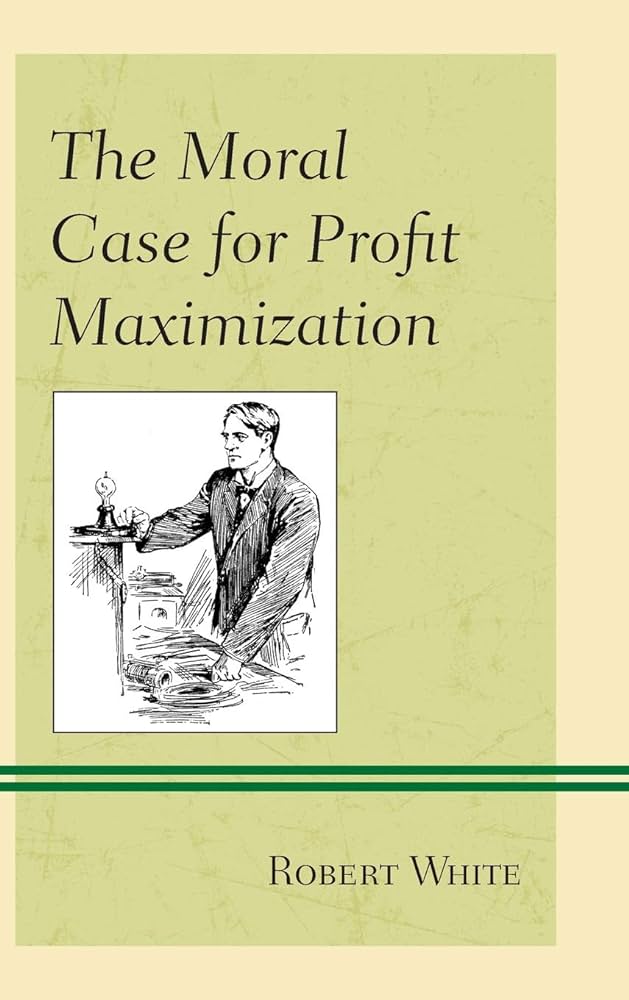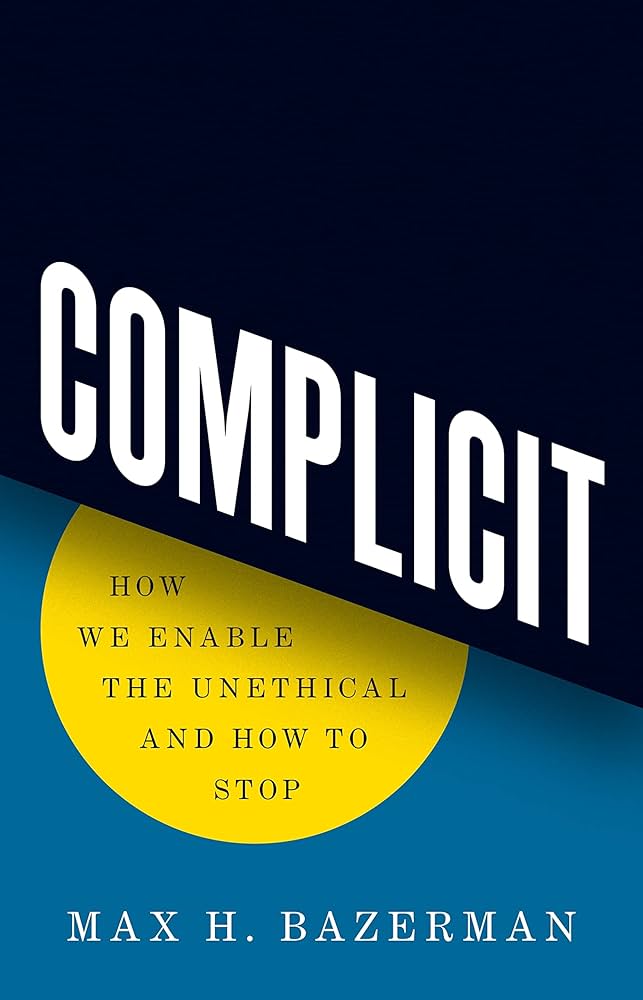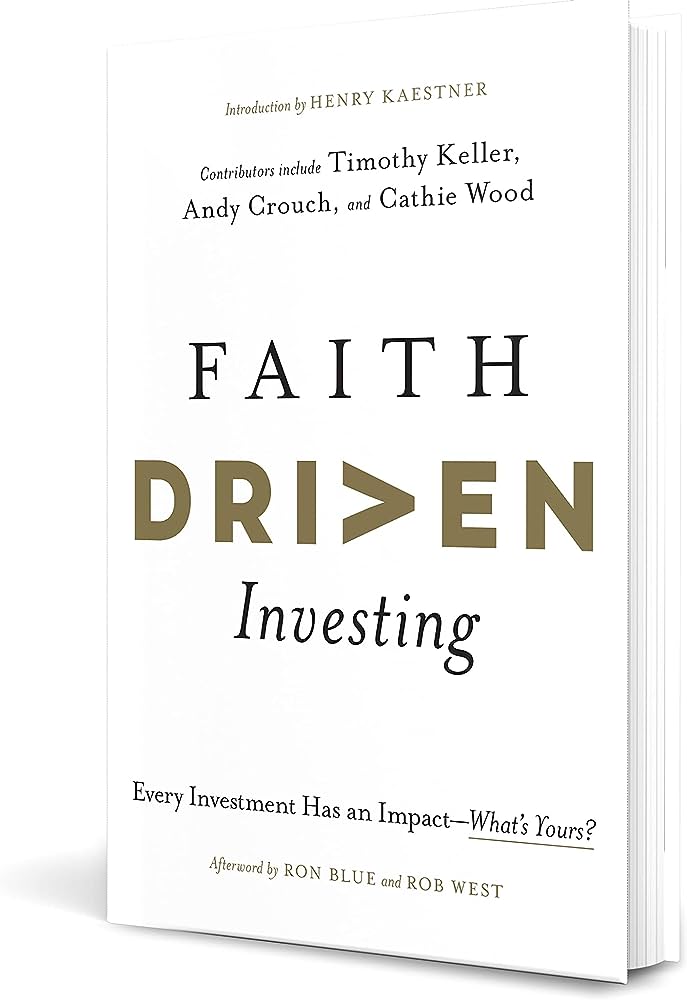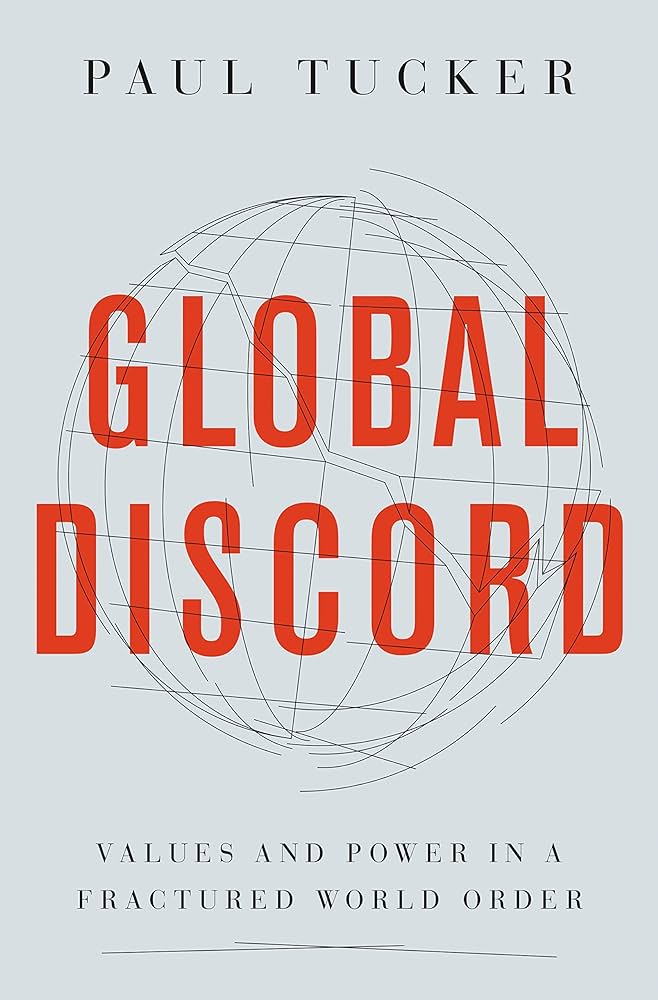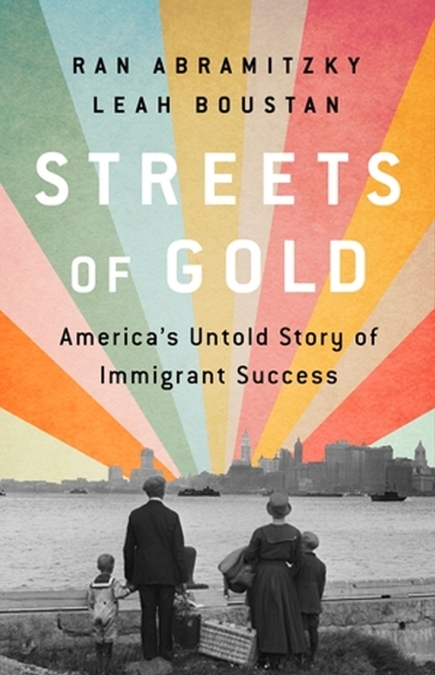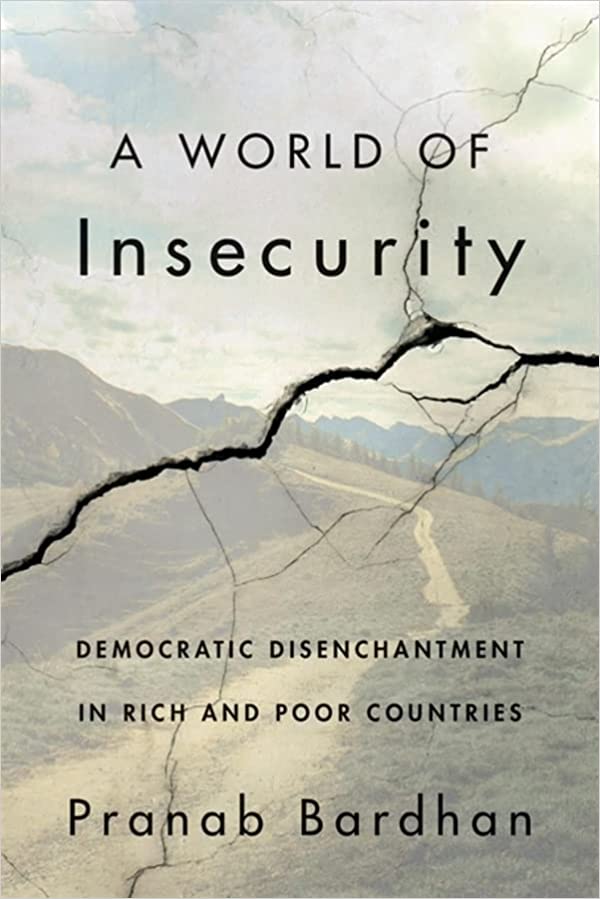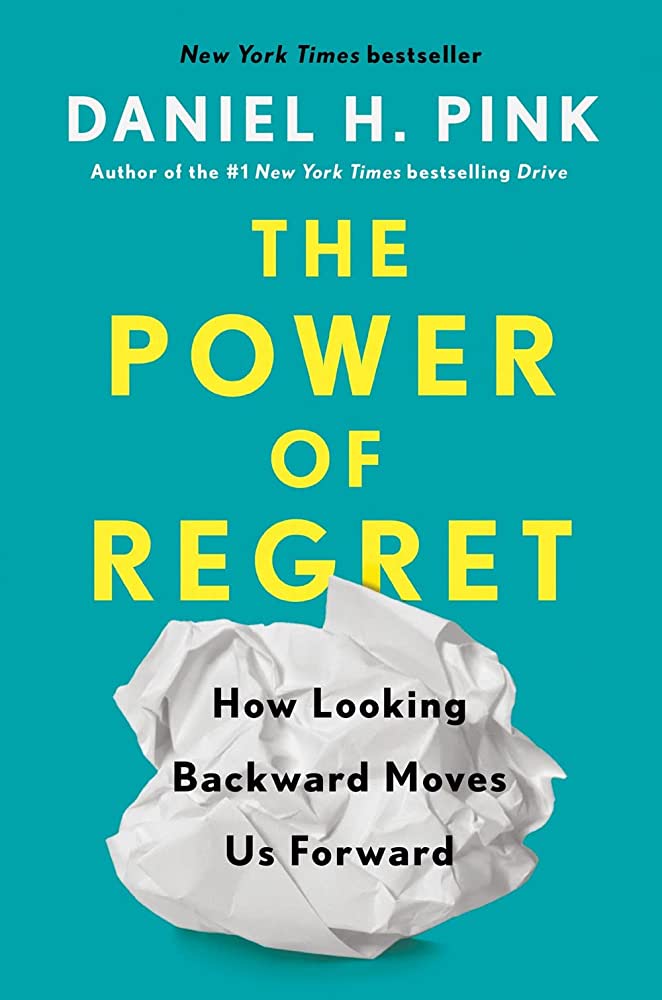Neil Jordan: “Faith in Markets: Abrahamic religions and economics”, edited by Benedikt Koehler
In Faith in Markets, Benedikt Koehler (PhD), a fellow of the Institute of Economic Affairs, has brought together a series articles that consider the ways in which Christianity, Judaism and Islam have encouraged adherents ‘towards behaviours that tended to market economics’ (page 7). The collection discusses the three major Abrahamic faiths and also a contains...

